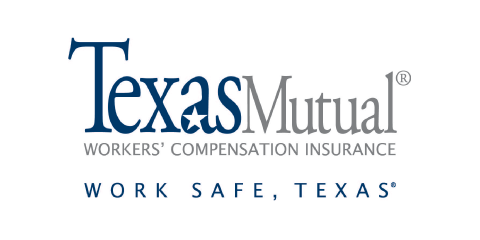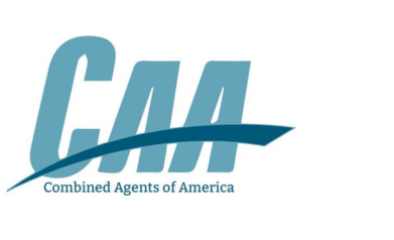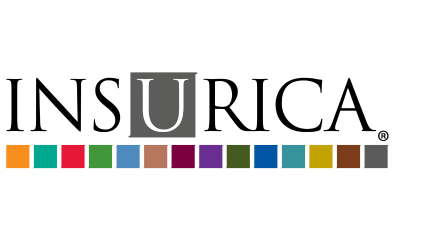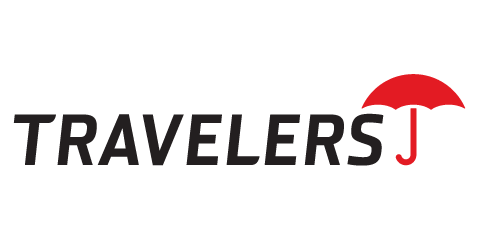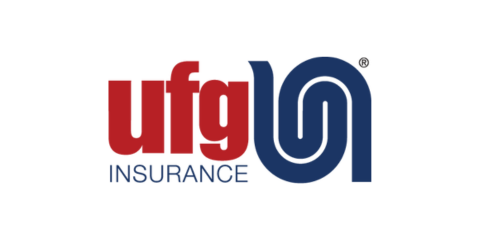Providing insurance to public entities, such as municipalities and school districts, can be a challenging but lucrative niche for independent insurance agents. Whether you are involved in public business in a big way, or just write a piece of your own town’s insurance coverages, it’s important to understand how this business can be different from other commercial entities you handle. Public entities may be subject to statutory competitive bidding requirements, they may be approached by so-called public insurance pools, and they enjoy some immunity from lawsuits. This article provides a brief overview of these issues that are important to a thorough understanding of the public entity insurance market.
Bidding Requirements
Competitive bidding requirements for each type of public entity are governed by different state laws, several of which have been the subject of Attorney General opinions over the years. Here is an overview of the features of bidding requirements for each type of governmental entity.
School Districts. Insurance purchases by school districts (including junior college districts) are governed by Sections 44.031, 44.0351 and 44.0352 of the Texas Education Code. Section 44.031 requires contracts valued at $50,000 or more in the aggregate for a 12-month period to be made by one or more of the following methods that provides the best value to the school district:
- competitive bidding;
- competitive sealed proposals; if this method is used, the contract can be awarded to the person whose proposal is determined to be the lowest evaluated offer resulting from negotiation.
- a request for proposals; or
- an interlocal contract (see Public Insurance Pools below).
The law provides that a school district may consider items other than price in determining to whom to award a contract, including (1) the reputation of the vendor and the vendor’s services, (2) the quality of the vendor’s services, (3) the extent to which the services meet the district’s needs, (4) the vendor’s past relationship with the district, and (5) any other relevant factor that a private business entity would consider in selecting a vendor.
Contracts for professional services are not subject to these requirements, but Attorney General Dan Morales concluded in a 1995 opinion that an insurance contract is not a contract for “professional services.”
Cities. Chapter 252 of the Local Government Code controls the purchasing and contracting authority of cities. The bidding requirements depend on the size of the insurance contract and the size of the city.
For amounts of $50,000 or more, the city must request competitive bids or use a competitive proposal process.
If the competitive bid process is used, the city leaders must either award the contract to the responsible bidder who submits the lowest bid or to the bidder who provides the best value. If the competitive proposal process is used, the contract can be awarded to the person whose proposal is determined to be the lowest evaluated offer resulting from negotiation.
A city may select an insurance “broker” (risk manager) on a fee basis as the city’s broker of record to obtain insurance proposals and coverages for the city, but that person may not be compensated by any other source. (Section 252.024)
Counties. County purchasing and contracting authority is controlled by Chapter 262 of the Local Government Code. If the insurance premium is less than $25,000 the county is not required to bid.
For amounts of $50,000 or more, the county must request competitive bids. Exception: If the county purchasing official determines it is impractical to prepare detailed specifications, and upon approval by the county commissioners, the official may request competitive proposals. If the competitive bid process is used, the county officials must either award the contract to the responsible bidder who submits the lowest bid, or reject all bids and rebid the contract. If the competitive proposal process is used, the contract can be awarded to the responsible party with the lowest evaluated offer resulting from negotiation.
A county may select an appropriately licensed insurance agent as the sole broker of record to obtain proposals and coverages for insurance that provides necessary coverage and adequate limits of coverage in all areas of risk, including public official liability, property, casualty, workers' compensation, and specific and aggregate stop-loss coverage for self-funded health care. The county may retain a broker of record selected only on a fee basis paid by the county. The agent retained in this manner may not directly or indirectly receive any other remuneration, compensation, or other form of payment from any other source for the placement of insurance business under the contract. The agent may not submit any insurance carrier proposal to the county or direct any county insurance business to an insurance carrier if the agent has a business relationship or proposed business relationship with the carrier, including an appointment, unless the broker first discloses the nature of that relationship or proposed relationship, in writing, to the county.
Other. Other governmental subdivisions, such as navigation districts, water districts, and municipal utility districts, are generally not required to follow a competitive bidding procedure for property and casualty insurance. However, each different type of entity is regulated by laws other than the Local Government Code, so the entity’s attorney should be consulted to confirm any laws that might apply.
Public Insurance Pools
Public entities are required by law to provide workers’ compensation insurance coverage for their employees. A public entity is given the option of providing coverage through self-insurance, commercial insurers, or inter-local agreement with other political subdivisions for self-insurance on a group basis. The House Committee on Business and Industry, chaired by Rep. Kim Brimer (R-Arlington), conducted a study in 1994 on the various pools that provide group self-insurance to public entities. In its interim report to the 74th Legislature, the Committee identified fifteen such pools, the largest of which are operated by the Texas Association of Counties, Texas Association of School Boards, and the Texas Municipal League.
According to the report, the financial and administrative operations of these public pools are not subject to state regulation. In fact, the Workers’ Compensation Act specifically provides that “a joint insurance fund . . . is not considered insurance for purposes of any other state statute and is not subject to State Board of Insurance (sic) rules.” The Committee expressed concern about the lack of oversight and recommended legislation to (1) require public pools to obtain a certificate of approval from TDI, (2) authorize TDI to monitor the pools’ solvency, and (3) create a guaranty association to pay claims in the event of pool insolvency. The Attorney General shot down the guaranty fund idea before the legislative session was finished, based on the AG’s opinion that a guaranty fund is operated like an assessable mutual insurance company. Governmental entities are constitutionally prohibited from doing business with such a company. Legislation to meet goals similar to the other two Committee recommendations never made it out of the House, most likely a testament to the strength of the Texas Municipal League rather than a rejection of the sound public policy offered in the proposed law.
Do public entities that obtain insurance through a public entity pool have to bid for the coverage? According to Texas Municipal League lawyers, they do not, because these arrangements are self-insurance pools, not insurance. In addition, public entities can arrange to purchase goods and services, including insurance, jointly with other entities through “inter-local agreements.” TML, TASB and TAC operate such purchasing arrangements for property and casualty insurance. Entities participating in these programs are likewise not subject to competitive bidding requirements, according to TML lawyers, because the administrator for the pool is responsible for complying with competitive bidding requirements.
Governmental Immunity
Under common law, governmental entities are generally not liable for their own negligence, following “The King can do no wrong” theory handed down from English common law. The Texas Legislature, however, modified this common law theory with passage of the Texas Tort Claims Act (Chapter 101 of the Texas Civil Practices and Remedies Code) in 1969. That Act is a partial waiver of governmental sovereign immunity. School districts are treated differently from other governmental entities.
Entities Other Than School Districts. The law divides a governmental entity’s functions into “governmental” and “proprietary” categories for the purpose of establishing limitations to the entity’s legal responsibility for injuries or damages caused by its negligence.
With regard to governmental functions, the entity is liable for (1) bodily injury or property damage arising out of the operation or use of a motor vehicle, and (2) bodily injury caused by a condition or use of tangible personal or real property. If the entity is a municipality, liability for governmental functions is limited to monetary damages up to a maximum of $250,000 for each person and $500,000 for each occurrence for bodily injury, and $100,000 for each occurrence for property damage. For entities other than municipalities, the liability is limited to $100,000 / $300,000 / $100,000.
With regard to proprietary functions, the entity has no immunity and is subject to the same liability as any other person or organization. Proprietary functions are those functions that are not considered governmental functions, which are those functions that are part of the state's sovereignty and operated by the government entity in the interest of the general public. The list of governmental functions enumerated in the law is not important for the purposes of this article, since most entities perform both types of functions and it is not possible to separate these functions on a liability insurance policy. Because these entities are subject to unlimited liability for proprietary functions, you should recommend umbrella liability just like you would for any other organization.
School Districts. The Texas Tort Claims Act specifically provides that sovereign immunity is retained for school districts, except as to the operation of motor vehicles. Therefore, a public school district cannot be held liable for its negligence arising out of its premises or operations. Automobile liability for a school district is limited to $100,000/$300,000/$100,000. Should school districts purchase commercial general liability? That is a question best answered by the school board and its attorney, not the insurance agent. Many school districts do carry premises liability insurance, presumably on the theory that they don’t want to be unprotected should they become involved in a test case challenging school district immunity.

